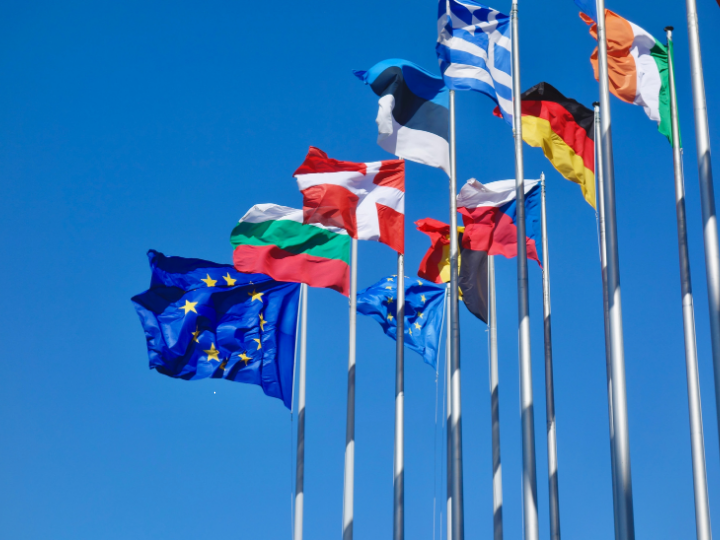by Silvia Ellena
On Wednesday (12 July), ambassadors of EU member states reached a common position on the proposed EU budget for 2024, suggesting downward adjustments in several areas while increasing spending for humanitarian aid.
With an approach defined as “prudent and realistic”, EU ambassadors agreed on a common position on the European Commission’s proposal for the 2024 EU budget reducing budget lines in most headings, except for humanitarian aid and public administration expenditure.
The Council proposed €187 billion for 2024, down from the €189.3 billion proposed by the Commission.
Council’s adjustments
On Wednesday, EU member state ambassadors agreed to cut spending on the single market, innovation and digital, cohesion, resilience and values, natural resources and environment, migration and border management, and security and defence.
Compared to the Commission’s proposal, EU ambassadors only raised the budget under the heading ‘Neighbourhood and the world’ in humanitarian aid to match the amount agreed for the 2023 budget and maintain the same EU response level to Russia’s war against Ukraine.
The adjustment proposed for humanitarian aid would see an increase of €117.90 million in budget commitments for programmes – money committed for activities implemented over several years – and €98.20 million in payments – expenditure due to commitments from current or previous years.
EU ambassadors did not change the proposed expenditure for the European public administration, which the Commission had already reduced compared to the previous budget.
“The Council welcomes the Commission’s approach to limit horizontally all institutions’ administrative expenditure,” the Council communicated in a statement on 7 July, adding that these measures are not enough to respect the ceiling set under the current EU long-term budget.
The Council’s position also suggests reducing the budget on the financing cost of NextGenerationEU under ‘resilience and values’ by €613 million in commitments and €573 million in payments.
According to the EU ambassadors, the EU needs to follow “a prudent budgeting” and wait for more recent data on payment requests for recovery funds and the development of interest rates.
Interest rates have grown more than anticipated in the past year, increasing the borrowing costs for financing the EU post-pandemic recovery plan, but the Council pointed to a slower increase in the coming months to justify the budget line cut.
Next steps
Member states aim to formally adopt the position on the budget for 2024 on 5 September, while the European Parliament is expected to adopt a common position on the budget as revised by the Council before starting negotiations between the institutions.
Due to inflation rates, members of the European Parliament already criticised the Commission’s proposal, which was nominally higher but lower in real terms compared to the 2023 budget, and is likely to oppose the Council’s cuts.
*first published in: Εuractiv.com




 By: N. Peter Kramer
By: N. Peter Kramer

